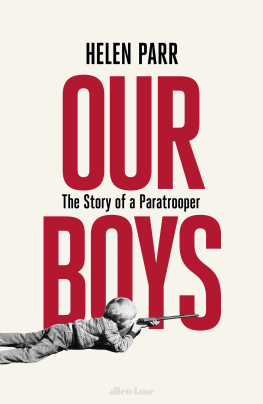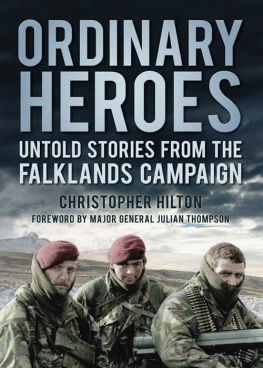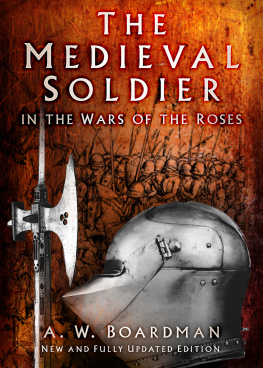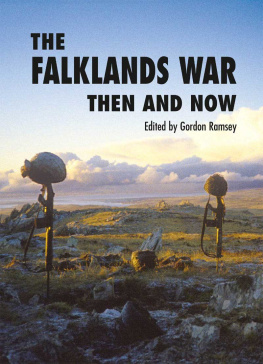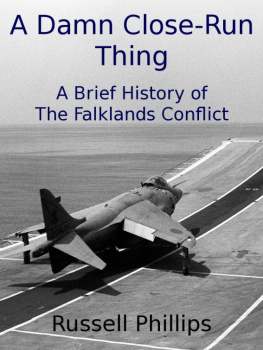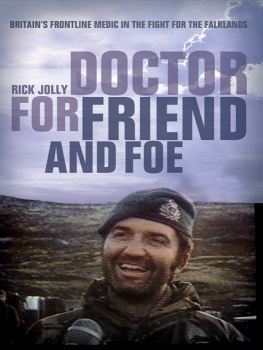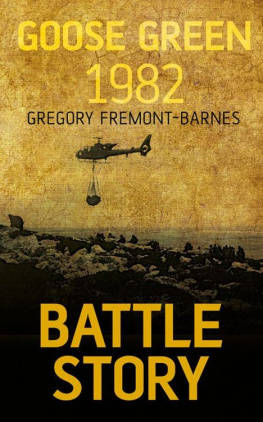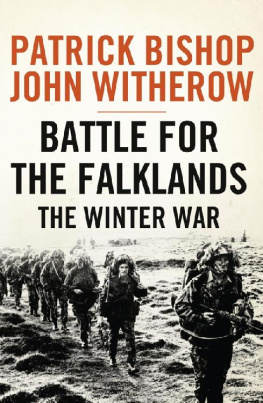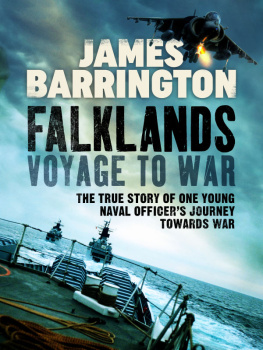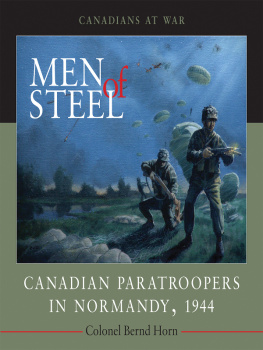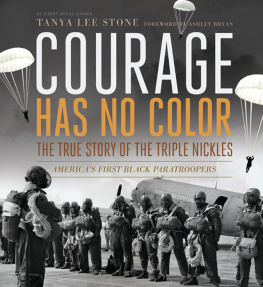Helen Parr
OUR BOYS
The story of a Paratrooper

ALLEN LANE
UK | USA | Canada | Ireland | Australia
India | New Zealand | South Africa
Penguin Books is part of the Penguin Random House group of companies whose addresses can be found at global.penguinrandomhouse.com.
First published in 2018
Copyright Helen Parr, 2018
The moral right of the author has been asserted
Cover photograph: Dave Parr as a child
ISBN: 978-0-141-98468-1
List of Photographs
Chapter 2: Joining Up in the 1970s
. Dave Parr playing in the garden of the bungalow, aged five, c.1967. ( Helen Parr)
. Chris Parr, Dave Parr and author (as a baby) in the back room of the bungalow, early 1975: Dave aged twelve, Chris aged sixteen. ( Helen Parr)
. Dave Parr out on the marshes, 198081, aged eighteen. ( Helen Parr)
. Dave Parr out on the marshes, with Blue Cole, autumn 1981, aged nineteen. ( Blue Cole)
Chapter 4: Falkland Islands
. On the Norland with members of Dave Parrs section, 11 Platoon D Company 2 Para (Photograph courtesy of Walter McAuley)
. D Company 2 Para on the Norland.
Chapter 7: Comrades
. Dave Parr at Fitzroy, between the battles of Goose Green and Wireless Ridge, after coming back to the battalion from the field hospital. Photo taken by Private Terry Stears. ( Terry Stears)
. Dave Parr (on the left), waiting to move by helicopter from Fitzroy, 10 June 1982. With Private Terry Stears and Lance Corporal Neil Turner. (Imperial War Museum, FKD2124)
Chapter 11: Our Boys
. Gun carriage arriving at St Michaels Church, Oulton Broad, 2 December 1982. ( Eastern Counties Newspaper Limited/Archant Community Media Limited)
. Mourners at Dave Parrs funeral, 2 December 1982. ( Eastern Counties Newspaper Limited/Archant Community Media Limited)
Chapter 14: Memory
. Commemorative cairn to Dave Parr on the top of Wireless Ridge, built by the author, Harmer Parr and Patrick Watts, October 2012. ( Helen Parr)
. Dedications to British paratroopers on summit of Mount Longdon, October 2012. ( Helen Parr)
. Soldado Argentino, Argentine cemetery on the Falkland Islands, October 2012. ( Helen Parr)
Introduction
On East Falkland, the war was over. British soldiers rushed towards Port Stanley, disbelieving at first, and then relieved, exhilarated, joyously alive. Around 10,000 men, Argentine prisoners as well as British troops, massed into the small island capital. Rubble, clothing, ammunition, sewage, were strewn through its mud streets. Two Argentine bodies lay discarded on the roadside. On Wireless Ridge, a Scout helicopter landed, and men descended to collect the Parachute Regiments last dead, already frozen solid in the early winter snow.
Life carried on. Soldiers requisitioned Falklands houses, rested, played with guns, drank whisky and beer, joked with their Argentine prisoners, listened to the World Cup on the radio. They felt tremendous and they felt dreadful. They had won, and men had died. For some, the comfort of indoors was a relief, the opportunity to sleep, cook and eat with no possibility of deadly interruption. For others, the warmth of home felt alien, their thin and roughened bodies trapped in someone elses world.
In the Suffolk town of Oulton Broad, Joy Parr, my grandmother, heard news of the Argentine surrender on BBC radio. She wrote a letter to her son Dave, a nineteen-year-old Private in the 2nd Battalion, The Parachute Regiment. She told him how proud she was of him and the part he had played in what the British had done. She said how pleased she would be to see him again soon.
Three days later, on Thursday, 17 June, at 11.15 a.m., a military car drew up at the petrol station where Joy worked as a secretary. Inside the car was a man in uniform. He cannot have relished the task he had to fulfil. He parked, crossed the forecourt and arrived at the door. Did she see him approach? He must have knocked, and although she cannot have wanted to, she must have let him in. The man told Joy that her son had been killed serving in the Falklands. He said he was very sorry.
The man instructed Joys work colleague Caroline to ring her eldest son, my father, Harmer. Harmer was teaching French to the fifth form at Hadleigh High School when the school secretary opened the classroom door and told him to take a call in the office. He returned with her and picked up the handset. Caroline said, Youre to come home to be with your mother. Caroline had been advised not to tell him that his brother was dead, but he said, Its Dave, isnt it, hes been killed, and she had to confirm what he suspected. The head teacher appeared and said he must leave straight away. Harmer dialled our home number, standing there in the school office, concerned staff all around him.
I was seven years old in June 1982 and absent from school because I was ill. I was asleep in bed and I remember the sound of the phone ringing. It woke me. I heard my mother running up the stairs and when she came into my room she was crying. She said, Uncle Dave is dead. My mother must then have closed all the curtains, as the next thing I remember is waiting in the darkened front room with our next-door neighbour. After a silence, and somewhat unexpectedly, our neighbour said, He is with Jesus now. My father arrived home for a moment, but I did not see him, only his car pulling away from the end of the lane.
My father reached my grandmothers home about an hour later. She was sitting in the back garden of her bungalow with her husband Con. Con lived a few streets away. The two had been separated for several years and they rarely spoke to each other. My father scarcely recognized them as he approached, in this altered landscape in which they now lived. Old people together, but irrevocably apart.
Harmer had to phone his middle brother, Chris, who had left Oulton Broad in the summer of 1981 to trek across Asia. In the late British spring of 1982 Chris was working in a building yard and living in a commune in Australia. The call came at midnight. The phone rang for a long time. A man answered it, and he was initially annoyed to be disturbed. Chris said the man, the leader of the commune, had roused him from sleep and told him, Its England ringing, youd better come. My father said it was the hardest thing he ever had to do. Two brothers, talking on the phone.

Thirty years later, I stood in Aldershot military cemetery with my parents and a couple of hundred people who had congregated to mark the Falklands anniversary. I had begun research for this book and consequently, for the first time in many years, my father and I had been in contact with the Parachute Regiment and with some of the men who had served with my uncle.
I remembered the soldiers in my grandmothers bungalow after his funeral, crammed into her narrow conservatory, wearing uniform, talking the way men do, and of course they did not remember the presence of a child. They had had other things on their minds. Now like me they wore dark suits. They looked respectable, fit, younger, many of them, than their fifty or so years. They were friendly and humorous. I stood with them and someone took a photo. They did not know me and I did not know them, but we were caught there together, connected because in 1982 my uncle had been one of them and, had he lived, he would be among them now.

